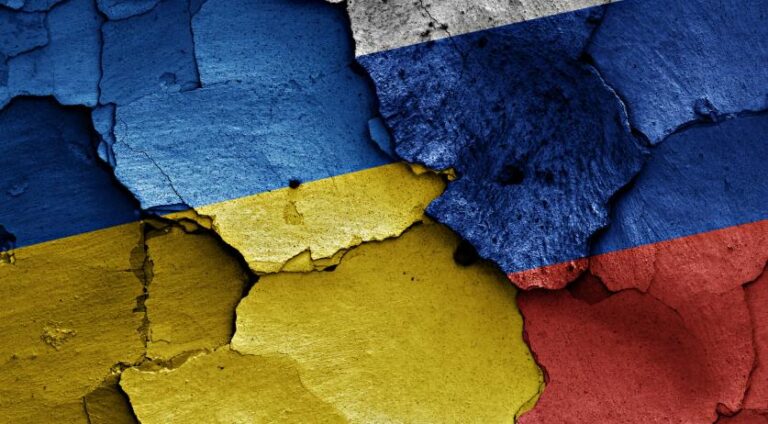After Russia invaded Ukraine, the Netherlands ignored questions from the European Union about cutting off Russian internet traffic for months. Since September 2022, the European Commission has repeatedly asked the Netherlands whether internet providers in the Russian-occupied territory of Ukraine should be blocked based on international sanctions. The Netherlands took more than a year after the invasion to reach a negative decision, Trau reports, based on an Investico investigation and internal Ministry of Foreign Affairs emails obtained through the Open Government Act (Woo).
Ripe NCC is a Dutch organization that controls the internet in 76 countries, including Russia and Ukraine. By signing up with Ripe, you can provide the Internet to businesses, organizations, and citizens. Immediately after the invasion, Ukraine asked parties operating in the occupied territories whether Leib would be allowed to continue the invasion.
Because Ripe is based in the Netherlands, the final decision has to be made by the Dutch government, leaving it up to national authorities to decide how to implement European sanctions. The European Commission therefore handed over Ukraine’s questions to the Ministry of Foreign Affairs.
But Dutch authorities failed to provide clarity for a year and responded to further questions, prompting an email from the European Commission saying it had “no latest information” and was “waiting for an answer.” More than a year after the outbreak of war, the Netherlands finally decided that Leib would be exempt from sanctions and could continue providing services to Russia and the occupied territories.
When asked about the issue, the Foreign Office told Trau that the decision-making process “took longer than expected in a case of this kind. Part of the reason for this was the need for specific information and plans for subsequent discussions.” “This is due to a request,” he said.


